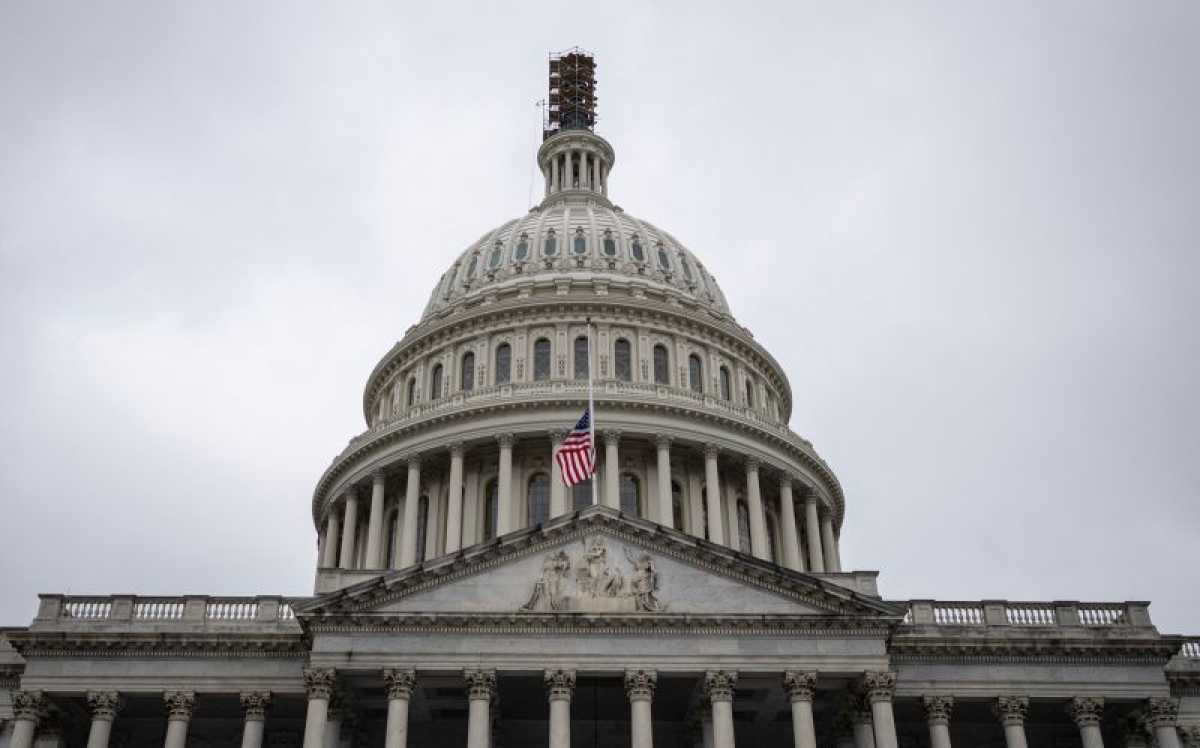Politics
Impending U.S. Government Shutdown Looms: Key Details and Potential Impact Unveiled

The United States government is on the brink of a partial shutdown, with a deadline looming unless Congress passes crucial funding legislation by Friday, March 1. The failure to do so could result in a partial shutdown if the deadlock persists until March 8, sparking concerns across various sectors. Following a recent meeting between congressional leaders and the President, House Speaker Mike Johnson (R-LA) expressed a strong commitment to averting a shutdown, but specific strategies remain undisclosed.
A significant aspect of the impending government shutdown pertains to funding for key agencies such as the Departments of Agriculture, Energy, Veterans Affairs, Transportation, Housing & Urban Development, as well as the Food & Drug Administration and the Commodity Futures Trading Commission. These departments face funding expiry on March 1, while on March 8, major agencies like the Department of Justice, Treasury, Commerce, Labor, Defense, Homeland Security, State, Education, and several others, are at risk of encountering a funding halt.
In the eventuality of a shutdown, different agencies will witness varied impacts, with non-essential government operations coming to a standstill and essential functions continuing with staff operating without pay. Notable essential functions range from food safety inspections, law enforcement, to essential IRS operations, while non-essential activities like judicial processes and the operation of national parks will cease. Moreover, mandatory spending for critical programs such as Social Security, Medicare, and Medicaid will persist even in the face of a shutdown.
Despite this being the fourth near-miss shutdown in four months, the path to avoiding the looming crisis remains fraught with challenges. The recent high-level meeting between President Biden, House Speaker Mike Johnson, Senate Majority Leader Chuck Schumer, House Minority Leader Hakeem Jeffries, and Senate Minority Leader Mitch McConnell signals a collective dedication to preventing a shutdown. The options on the table include short-term and long-term CRs, but the intricate political landscape complicates the negotiation process, with Republicans and Democrats at odds over the optimal funding strategies.
Gibson Dunn’s Public Policy Practice Group is closely monitoring developments surrounding the potential government shutdown, offering strategic guidance to clients navigating the uncertain terrain. As the funding countdown continues, the intricacies of congressional negotiations and potential repercussions remain in focus, shaping the future course of government funding and operations.












